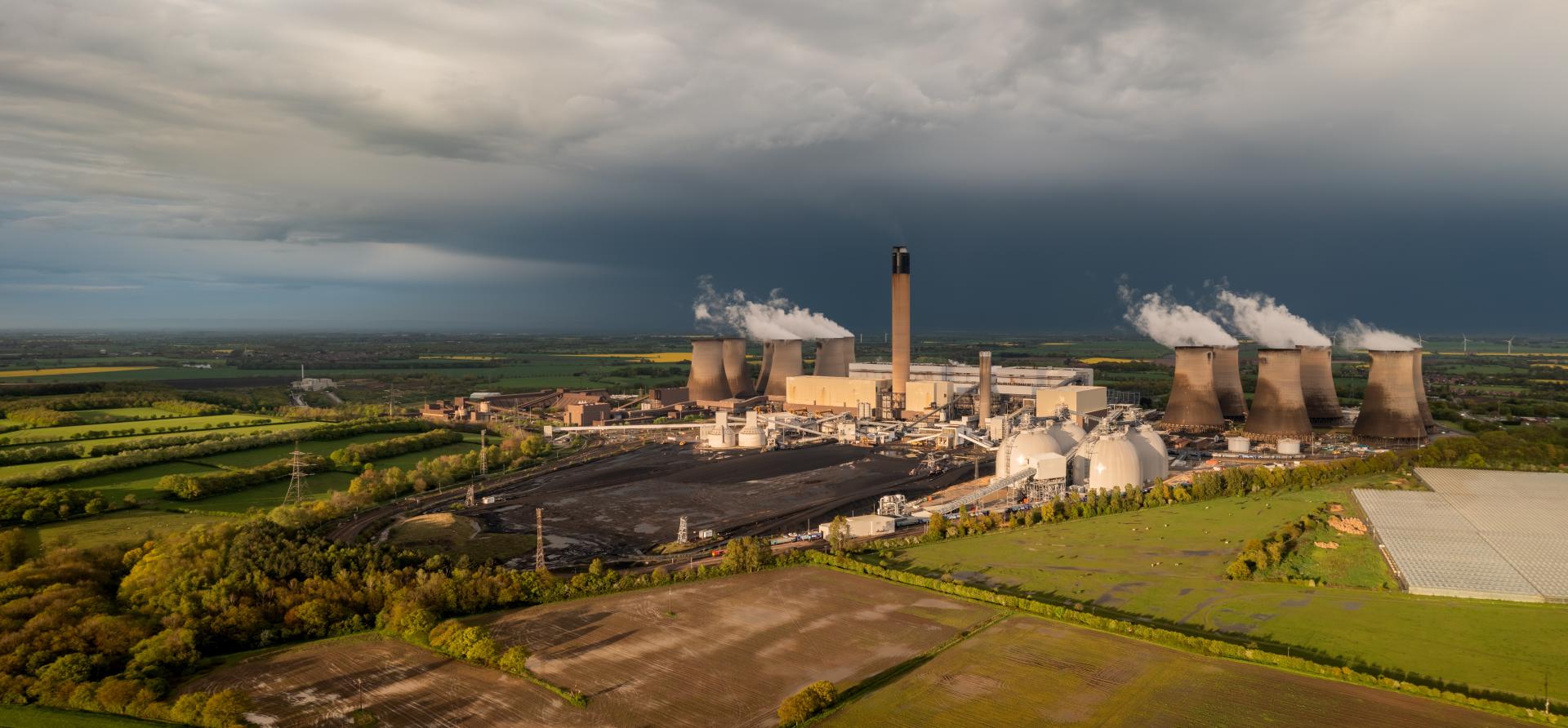UK carbon capture plans: A costly distraction from genuine green investments

Key Findings
In IEEFA’s view, the UK government’s announcement makes potentially misleading claims and omissions—carbon capture, utilisation and storage is costly, complex and risky with a history of underperformance and delays.
The announcement will make the UK more reliant on fossil gas imports for decades to come, at a time of increasing global instability.
It will do little per taxpayer pound to advance the UK's decarbonisation agenda or stimulate genuine green economic growth.
The UK should focus its resources on accelerating the deployment of technologies with proven decarbonisation credentials, such as buildings insulation, renewable power, heat pumps, electric vehicles, public transport, grid capacity and flexibility.
The UK government’s recent carbon capture and storage announcement is low on details and high on rhetoric. The likely consequence of this policy will be a waste of public money, at a time when budgets are constrained. It could also lead to further disappointment in the regions where the carbon capture sites will be located when the mooted benefits do not materialise.
The more damaging consequence, from an energy security, cost and climate perspective, is that up to £22 billion of public funds will be diverted away from growing industries and technologies with proven decarbonisation credentials that need to be deployed urgently in the UK. These solutions include buildings insulation, renewable power, heat pumps, electric vehicles, public transport, grid capacity and flexibility (such as smart batteries and demand response).
Instead, the government is continuing to back hydrogen produced from fossil gas—so-called “blue” or “clean” hydrogen—in the UK, despite its high costs and emissions, and huge uncertainty of future demand. Just last month, two major blue hydrogen projects in Norway were cancelled, with owners Shell and Equinor citing high costs and weak market demand for the product.
While the government’s announcement may provide some comfort for project owners such as BP and Equinor, it will do little per taxpayer pound to advance the UK's decarbonisation agenda or stimulate genuine green economic growth. It will make the UK more reliant on fossil gas imports, at a time of increasing global instability, and sends the wrong signal internationally about the need to stop expanding fossil fuel infrastructure.
The government’s announcement makes potentially misleading claims and omits important caveats and risks, in IEEFA’s view:
-
Carbon capture, utilisation and storage (CCUS) for gas-fired power or blue hydrogen production does nothing to reduce the significant upstream emissions of methane, which occur before the gas reaches the site. This is particularly important for LNG imported on fossil fuel-powered ships. This myopic carbon accounting is the subject of a legal challenge, and these projects will only deepen the UK’s dependency on fossil gas imports.
-
CCUS technology cannot remove 100% of on-site emissions. While the industry is targeting a capture rate of 95%+, IEEFA research has shown a history of underperformance, with real results as low as 10% and no project consistently achieving more than 80% carbon capture. Any operational subsidies should be subject to projects meeting the claimed performance.
-
Storage of carbon dioxide (CO2) under the seabed is far from “safe”, as the government claims. It may have been demonstrated to an extent at two projects in Norway, but this was costly, at a smaller scale than future proposals, and neither project performed as planned. Carbon sequestration requires regular monitoring, in perpetuity, to ensure the CO2 does not leak. It therefore creates a long-term liability for taxpayers and future generations, not dissimilar to nuclear waste. Injecting CO2 underground for permanent storage is complex. There is always uncertainty in the subsurface geology and how CO2 will behave. Just this month, there were reports of a potential leak at an underground storage site in the U.S. The UK government’s claim of 200 years’ storage capacity is at best an estimate, and its workings should be published.
-
Neither gas-fired power nor blue hydrogen applications of CCUS have been demonstrated at commercial scale to claimed specifications. As project owners from the fossil fuel industry are the beneficiaries, they should be investing their own cash to develop these, not taxpayers. Consumers will be left paying higher bills for an emissions impact that is uncertain and subject to ongoing debate.
-
CCUS is not a single global sector—it encompasses multiple applications, which each have different levels of technological maturity, cost and potential for emissions mitigation. Conflating these different uses enables a false narrative of simplicity, scalability and readiness which reduces the perception of risk and cost—but the actual liabilities are high and will be borne by taxpayers.















